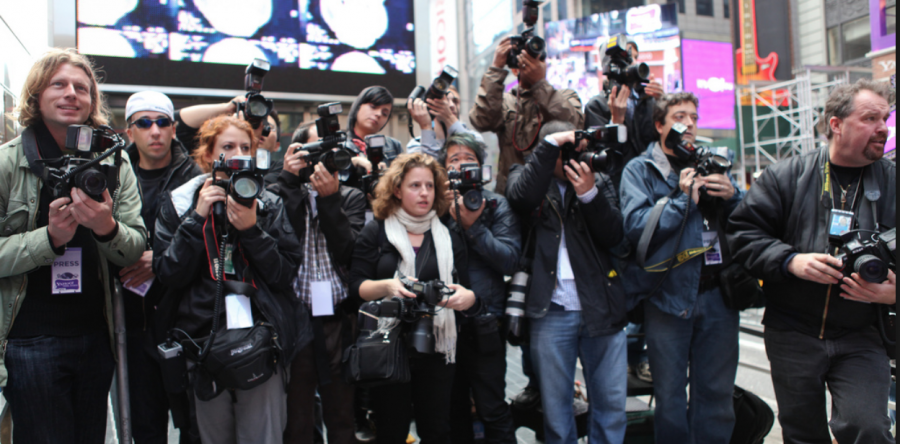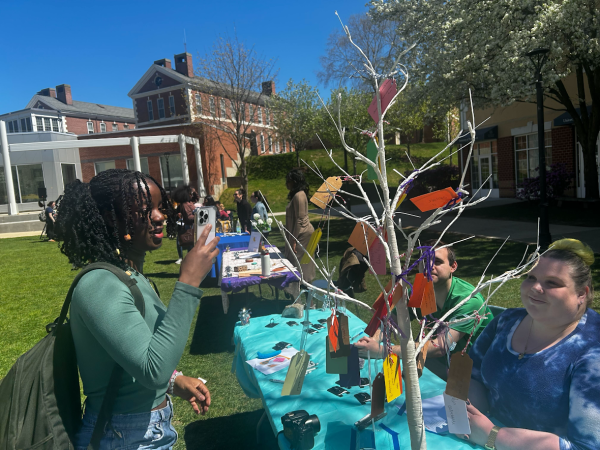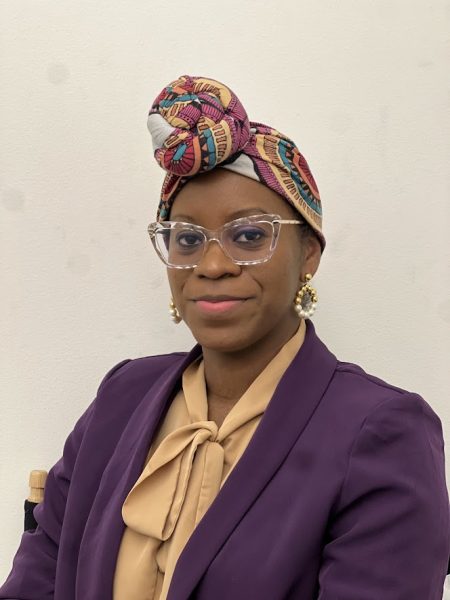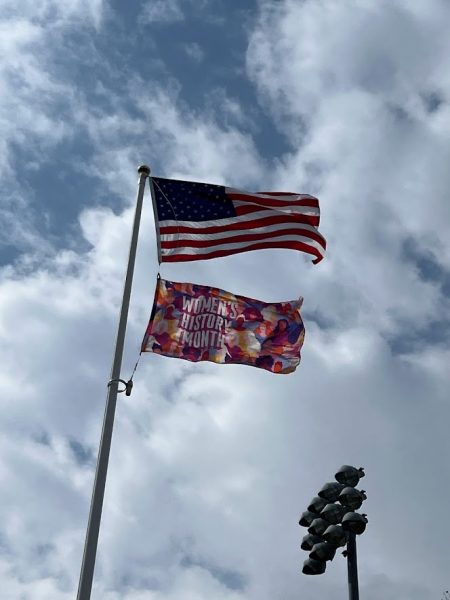Do Celebrities Have A Right to Privacy?
In a time where Twitter has become something of a lifestyle, it doesn’t take much for people to learn whatever a celebrity is willing to share about themselves. Because of the frequency with which some celebrities share insights on their lives, we begin to feel entitled to it.
I don’t think we’re entitled to know everything about a celebrity, and the prying that happens when a celebrity isn’t letting fans in on a certain aspect of their personal lives is out of line.
Shawn Mendes has shared a lot online since he rose to fame as part of MAGCON, a group of teenage boys who were incredibly popular on the now-defunct video app Vine. By the time Vine announced it was shutting down, Mendes had already moved on to singing. He toured with Taylor Swift and became popular in his own right. Mendes has always been fairly open on social media, and allowed fans to have a view of what it’s like to be in his shoes through tweets and Instagram stories/live videos. He’s also been very open recently about his struggles with anxiety and panic attacks.
The one thing that feels borderline invasive, though, is talk about Mendes’ sexuality. Despite being in public relationships with women, a faction of fans on the internet have latched onto the idea that Mendes is a closeted gay man. In a Rolling Stone profile, Mendes broke his silence, saying that he sees those tweets, and is extremely careful about his body language and online presence now because of it. He’s not gay, and in that profile, he says, “in my heart I know that it’s not a bad thing. There’s still a piece of me that thinks that.”
That line, more than anything out of the profile, got a reaction online. People called Mendes out for being homophobic, but I don’t think that’s the case. Internalized homophobia is a very real thing, and it’s hard to navigate, especially as public as Mendes is.
Sexuality is part of a fine line that I believe should always be more private than public, until a person is completely comfortable with it being public.
Pop music is a fairly accepting space in 2018, where most of the music has messages of acceptance and individuality. The sports world is an entirely different space.
A few weeks ago, the debate came up after NBA player Dwight Howard was accused on Twitter of threatening and harassing gay author Masin Elijè to hide their sexual relationship. Elijè disclosed this in a Twitter thread, which included audio and video saying Howard cheated on him with transgender men and women.
What followed was a slew of homophobic and transphobic responses from people who believed the story was true. Howard hasn’t commented on the allegations, but that isn’t stopping people from assuming and accusing.
This accusatory nature has the potential to be harmful, no matter the situation of the person. Celebrities have given up their privacy to become famous, whether they wanted to or not, but I think we need to grant them privacy for the things they don’t talk about.

Angela Tricarico is a junior communications major, with concentrations in journalism and public relations, a sport management minor and an English minor....









